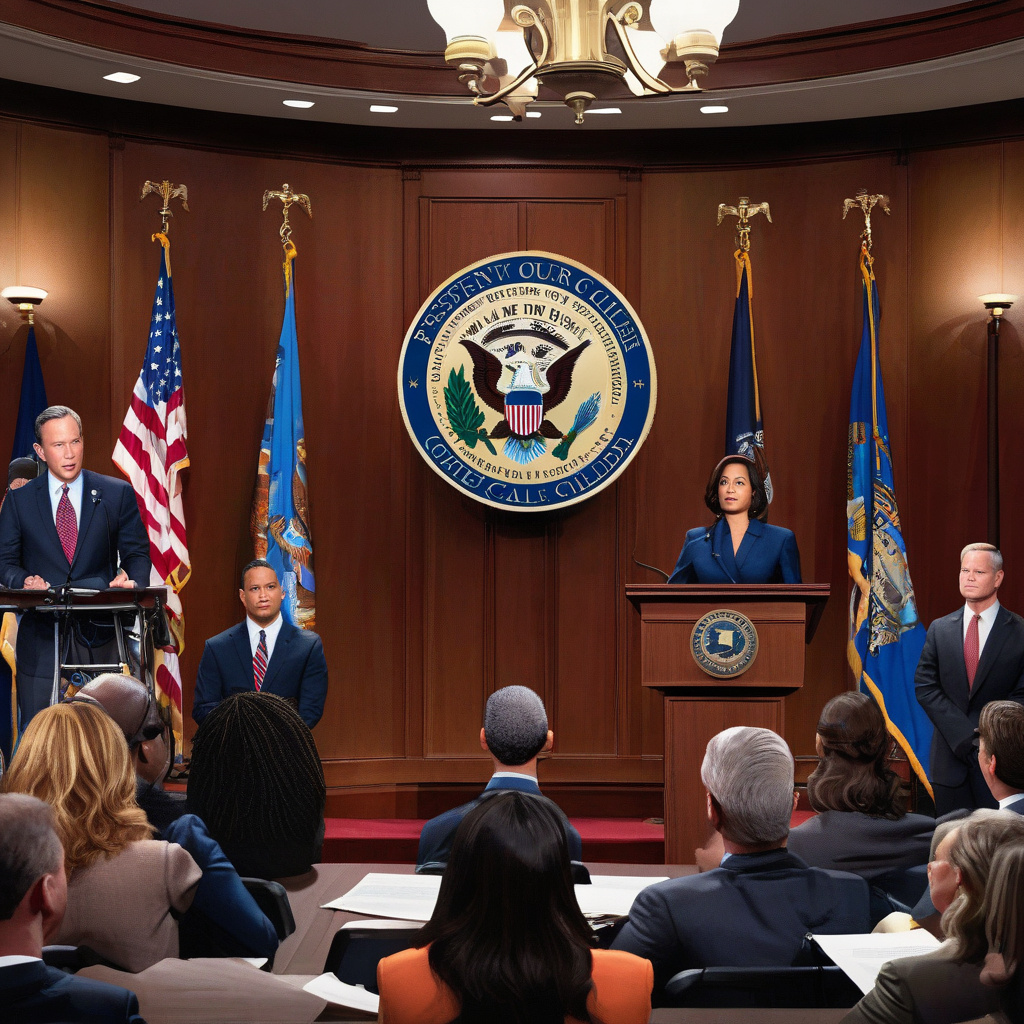In a recent development that underscores the growing importance of AI governance, California Attorney General Rob Bonta and Delaware Attorney General Kathy Jennings have taken a firm stance on safeguarding children and teens from potential harm posed by OpenAI’s ChatGPT. Their proactive approach involved both a direct meeting with OpenAI representatives and the issuance of an open letter to address the pressing concerns surrounding the platform’s safety protocols. This move signals a critical step towards ensuring that emerging technologies prioritize user protection, especially among vulnerable demographics like minors.
The joint efforts of Attorney General Bonta and Attorney General Jennings reflect a broader trend within the legal and regulatory landscape, where authorities are increasingly vigilant about the ethical implications of AI applications, particularly in contexts where young users are involved. By directly engaging with industry stakeholders such as OpenAI, these legal representatives are not only asserting their commitment to consumer protection but also catalyzing discussions around responsible AI development and deployment.
At the heart of this initiative lies a paramount concern for the well-being of children and teens who interact with AI-powered platforms like ChatGPT. Given the significant influence that such technologies can wield over impressionable minds, ensuring that adequate safeguards are in place becomes imperative. The attorneys general’s proactive stance serves as a reminder that technological innovation must be accompanied by robust mechanisms that prioritize user safety and mitigate potential risks, especially in environments where minors are active participants.
The implications of this engagement extend beyond a mere warning; they underscore a larger narrative surrounding the ethical responsibilities incumbent upon AI developers and providers. In a digital landscape where algorithms increasingly shape human interactions, the onus is on tech companies to proactively address concerns related to privacy, security, and well-being, particularly when it comes to younger users. The actions taken by Attorney General Bonta and Attorney General Jennings send a clear message that any harm to children resulting from AI technologies will not be tolerated and that accountability measures must be upheld.
As the dialogue between regulatory bodies and AI entities continues to evolve, it is essential for all stakeholders, including developers, policymakers, and end-users, to actively participate in shaping the ethical contours of AI-driven systems. By fostering transparency, accountability, and user-centric design principles, we can create a digital ecosystem that upholds the values of safety, privacy, and respect for all individuals, irrespective of age or demographic. The attorneys general’s intervention serves as a pivotal moment in this ongoing conversation, highlighting the need for collaborative efforts to harness AI’s potential for positive impact while mitigating potential risks.
In conclusion, the recent warning issued by California Attorney General Rob Bonta and Delaware Attorney General Kathy Jennings to OpenAI regarding the safety of ChatGPT for children and teens underscores the critical importance of prioritizing user protection in the development and deployment of AI technologies. By engaging directly with industry stakeholders and advocating for enhanced safeguards, these legal representatives have set a precedent for proactive governance in the AI space. As we navigate the complexities of an increasingly digitized world, initiatives like these play a vital role in shaping a future where innovation aligns harmoniously with ethical considerations, ensuring a safer and more inclusive technological landscape for all.

